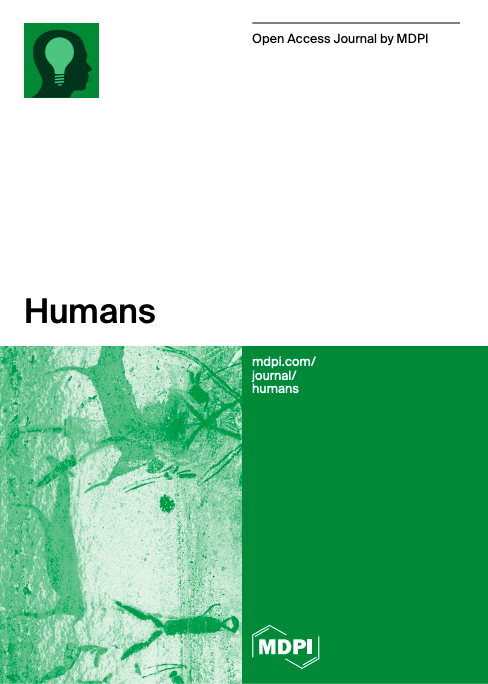A Reflection on Paradoxes and Double Binds in the Workplace in the Era of Super-Diversity
Humans
Vol. 4/ Num. 01
Occupational health and safety (OHS) is a largely technical field, still guided by a biomedical model of health that seeks to isolate factors that cause injury. Despite a growing literature on organisational and managerial factors influencing occupational health, their full integration into the OHS concept has been slow. A broader understanding is still needed to recognise the restructuring of work and the link between well-being at work and management style. In the context of a rapidly changing world of work, increasing workforce diversity, and inequality, OHS needs to take account of the social sciences and humanities to broaden its reductionist vision. Occupational illnesses, distress, and suffering, especially in relation to relational or organisational issues, have no initial cause or specific ontology; they result from a long-standing process or repetitive relational pattern that needs to be exposed and understood in greater depth, considering contextual factors and dynamics. Using the authors’ anthropological backgrounds and the basic principles of the double bind theory developed many decades ago by Gregory Bateson and his colleagues at the Palo Alto School of Communication, we propose a reflection on pragmatic paradoxes or double bind situations in the workplace (which can be briefly defined as the presence of contradictory or conflicting demands or messages), their potential impact on workers’ health and well-being, and how to resolve them. This paper sought to explore the world of pragmatic paradoxes and double binds by discussing different categories, types, or forms of paradoxes/double binds that occur in the context of occupational health and their underlying mechanisms. It also includes a discussion of the possible link to the concept of super-diversity, as it too is associated with migration channels, employment, gendered flows, and local systems. Finally, we discuss the practical implications of this understanding for health professionals, researchers, and policymakers, from a perspective of promoting more holistic and context-sensitive interactional approaches to occupational health.

